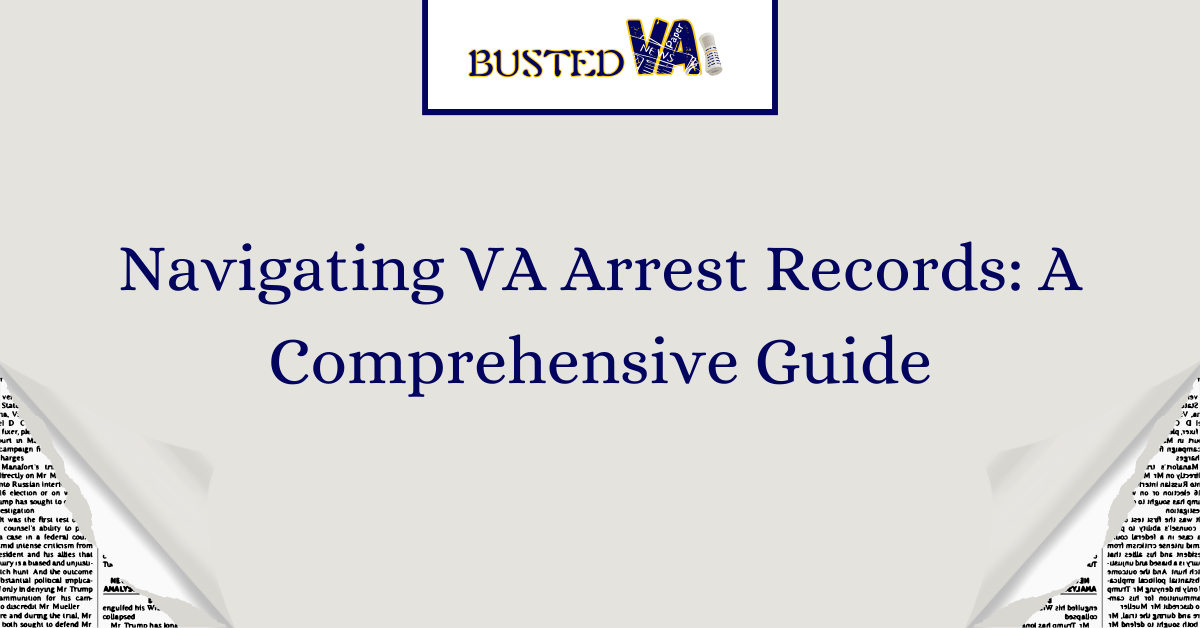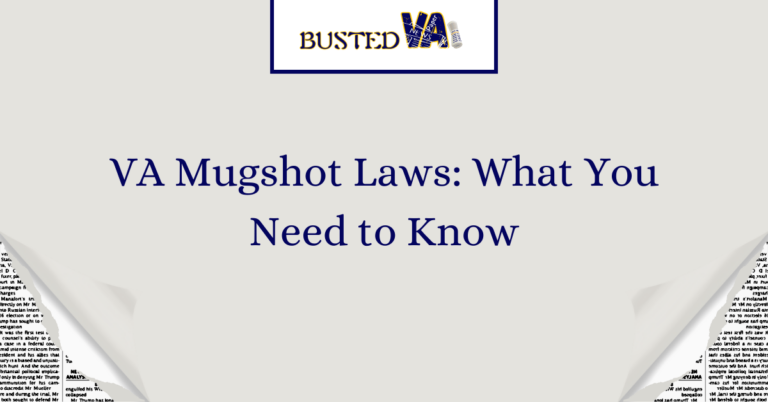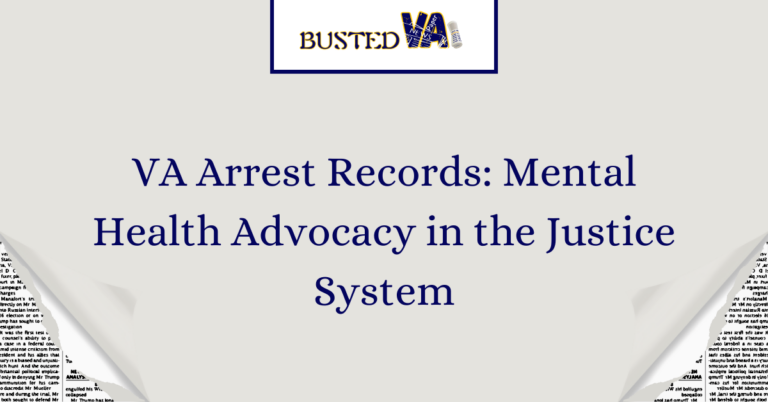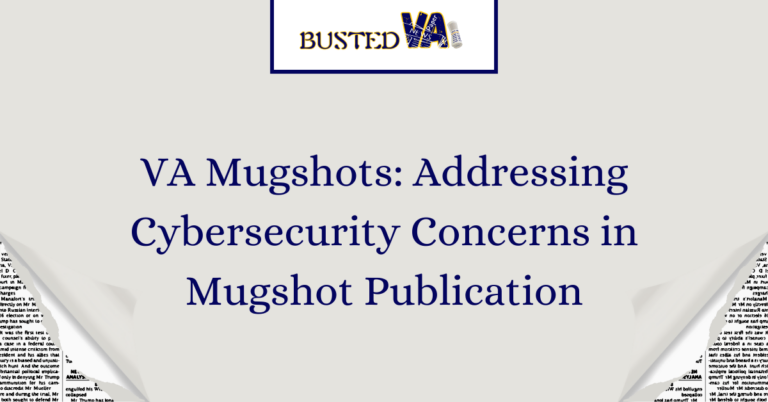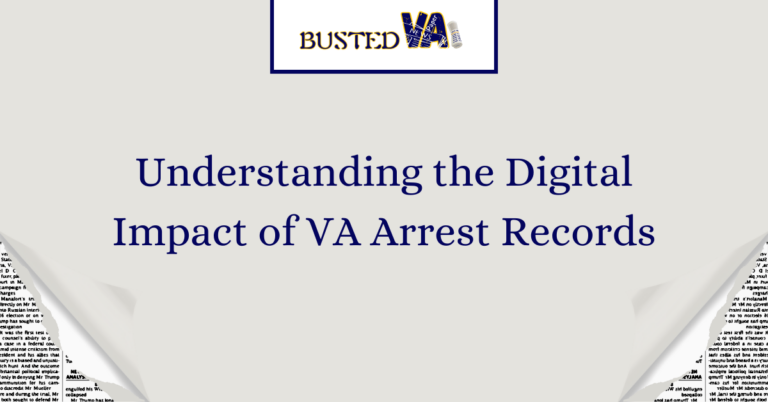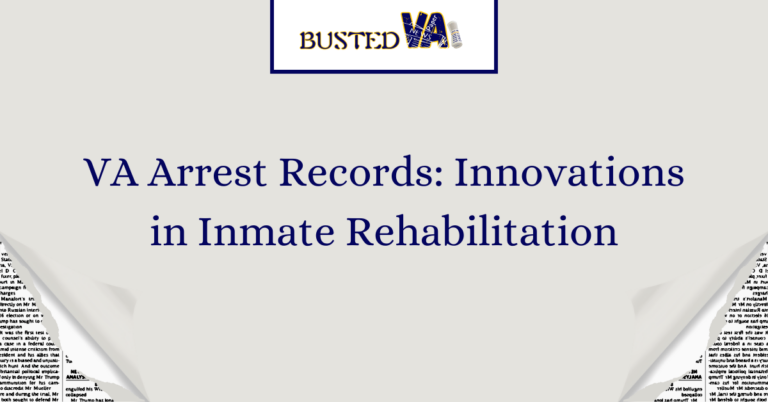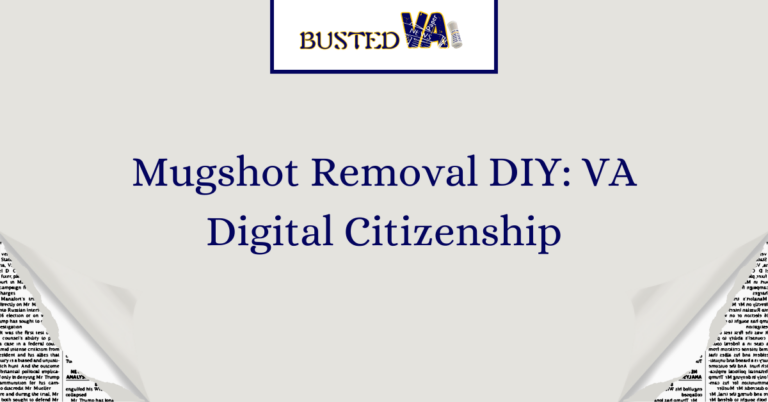Navigating VA Arrest Records: A Comprehensive Guide
Are you curious about the intricacies of Virginia arrest records? Look no further! In this comprehensive guide, we will delve into the world of VA arrest records, providing you with all the information you need to navigate this complex topic.
Whether you are a concerned citizen, a legal professional, or simply someone interested in understanding the criminal justice system, this guide is designed to cater to readers of all proficiency levels. We will explore the process of obtaining arrest records, the types of information you can expect to find, and the importance of these records in various scenarios.
Exploring the Process of Obtaining Virginia Arrest Records
When it comes to obtaining arrest records in Virginia, the process may seem daunting at first. However, with the right knowledge and resources, you can navigate through this complex system with ease.
Understanding the Legal Framework
Before diving into the process, it’s essential to familiarize yourself with the legal framework surrounding arrest records in Virginia. The Virginia Freedom of Information Act (FOIA) grants individuals the right to access public records, including arrest records, unless they are exempted by law.
Identifying the Relevant Authorities
Knowing where to request arrest records is crucial. In Virginia, arrest records are typically maintained by law enforcement agencies, such as the Virginia State Police and local police departments. Each agency may have different procedures for accessing records, so it’s essential to identify the specific authority responsible for the arrest.
Submitting a Request
Once you have identified the relevant authority, you can proceed to submit a request for the arrest records you are seeking. This can typically be done through an online portal, in person, or via mail. It’s important to provide as much information as possible, such as the individual’s full name, date of birth, and any additional identifying details.
Processing Time and Fees
It’s important to note that processing times and fees may vary depending on the agency and the complexity of your request. Some agencies may offer expedited services for an additional fee. Be sure to inquire about any applicable fees and the estimated processing time when submitting your request.
Reviewing the Obtained Records
Once your request has been processed, you will receive the requested arrest records. Take the time to thoroughly review the information provided. Arrest records can contain details such as the date and location of the arrest, charges filed, and any court proceedings associated with the case.
Understanding the Importance of Arrest Records
Arrest records play a crucial role in various scenarios. They can be used by employers for background checks, by legal professionals for case preparation, or by individuals seeking information about their own or someone else’s criminal history. Understanding the importance of these records can help you make informed decisions and navigate the criminal justice system effectively.
Protecting Personal Privacy
While arrest records are considered public records, it’s essential to be mindful of personal privacy. Some information, such as social security numbers or sensitive details about victims, may be redacted or withheld to protect individuals’ privacy. Respecting privacy rights is crucial when handling and sharing arrest records.
By following these steps and understanding the intricacies of Virginia arrest records, you can navigate this complex topic with confidence. Whether you are a concerned citizen, a legal professional, or simply someone interested in the criminal justice system, you now have the tools to explore this topic in-depth.
FAQs
How can I access VA arrest records?
Accessing Virginia (VA) arrest records typically involves contacting relevant law enforcement agencies, court clerks, or utilizing online resources. The Virginia State Police may provide criminal history record checks, and local law enforcement agencies or court offices may offer access to arrest records. Online databases and third-party websites may also aggregate arrest records, but it’s essential to use reputable sources.
Are VA arrest records public information?
In Virginia, arrest records are generally considered public information. This means that members of the public have the right to access certain records related to arrests. However, access may be subject to regulations and restrictions to balance transparency with privacy concerns.
What information can I find in VA arrest records?
VA arrest records typically contain information related to an individual’s arrest. While specific details may vary, common elements found in arrest records may include:
- Full name of the arrested individual
- Date and time of the arrest
- Location where the arrest occurred
- Details of the charges or offenses
- Information about the arresting officer or agency
- Booking details, including fingerprints and mugshots
- Bail or bond information
- Court appearances and case disposition
It’s important to note that arrest records do not necessarily indicate guilt, as individuals are considered innocent until proven guilty in a court of law. The information in arrest records provides details about the arrest event and subsequent legal proceedings.
How can VA arrest records be helpful?
VA arrest records can be helpful in various ways:
- Legal Context: Arrest records provide a legal context, detailing the charges an individual faced and the outcome of the legal proceedings.
- Employment Screening: Employers may conduct background checks that include arrest records to assess a candidate’s suitability for a position.
- Personal Knowledge: Individuals may seek their own arrest records to verify accuracy and understand what information is publicly available.
- Public Safety: Access to arrest records can contribute to public safety by allowing individuals to be informed about the legal history of others.
- Research and Statistics: Researchers and policymakers may use arrest records for studies, crime analysis, and formulating public policies.
It’s important to use arrest records responsibly, recognizing the potential impact on individuals’ lives and understanding that arrest does not necessarily imply guilt. Privacy laws and regulations should be considered when accessing and using arrest records, and individuals seeking their own records or those of others should be aware of the legal and ethical implications involved.

